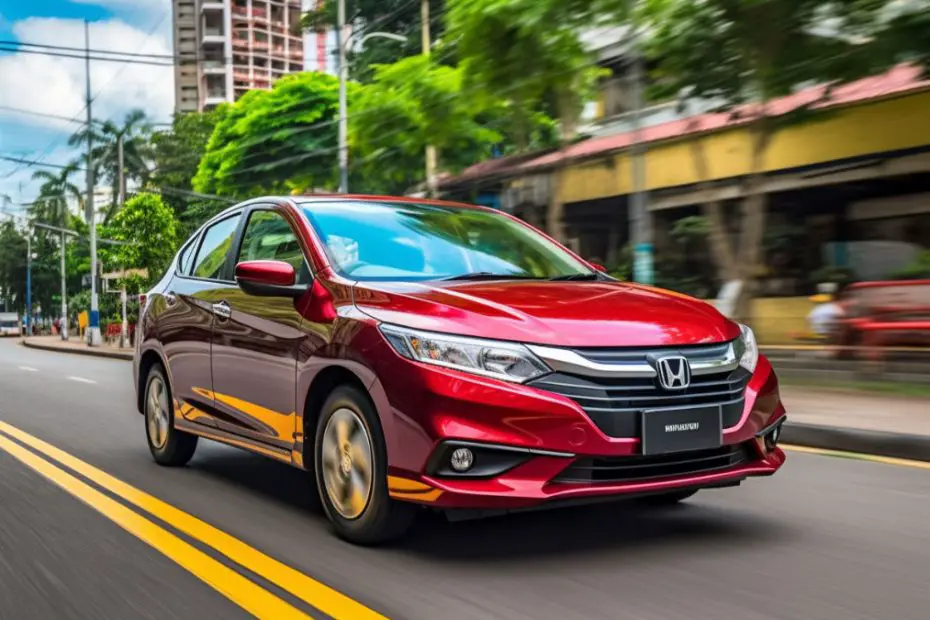When it comes to maintaining your car, one of the most important aspects is ensuring it doesn’t overheat. Overheating can lead to severe engine damage and expensive repairs and even leave you stranded on the side of the road.
So, how to keep your car from overheating? Well, there are various preventive measures to help keep your car from overheating. These measures include maintaining the cooling system and regular engine maintenance. Additionally, following driving and parking tips in hot weather can also be helpful.
In this guide, we will cover various preventive measures to help keep your car from overheating. We will also share driving and parking tips in hot weather, and strategies for driving up steep inclines or towing a heavy load.
Understanding the Cooling System: How It Works and Preventive Measure
The cooling system in a car is responsible for regulating the engine’s temperature and preventing it from overheating. This system circulates coolant through the engine block and cylinder head to absorb the heat generated by the combustion process.
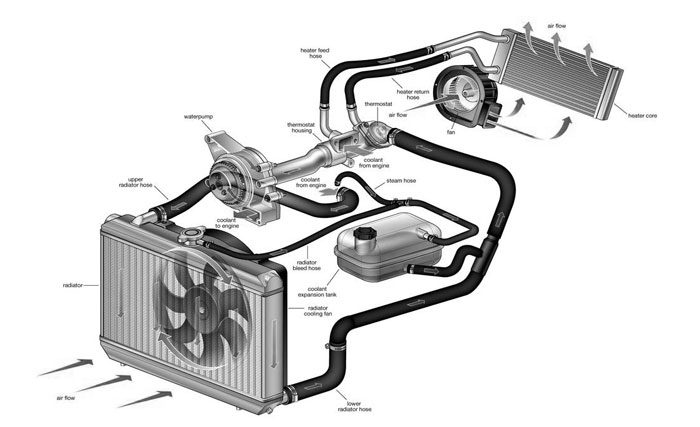
The coolant then flows through the radiator. And it is cooled by passing air or a fan before returning to the engine to repeat the cycle. The primary components of the cooling system include the radiator, thermostat, water pump, hoses, and coolant.
- The radiator is a heat exchanger that helps cool the coolant as it flows through the system
- The thermostat regulates the temperature of the engine by opening and closing the coolant flow to the radiator. But it depends on the engine temperature
- The water pump is responsible for circulating the coolant through the engine and radiator
- The hoses connect the various components of the cooling system and carry the coolant
Making certain that all of the components are working smoothly indicates that the coolant system is performing well and is not being disrupted.
Maintaining the Cooling System
There are a few things involved when you’re talking about cooling system maintenance. These include checking the coolant level, flushing the system, and replacing the radiator.
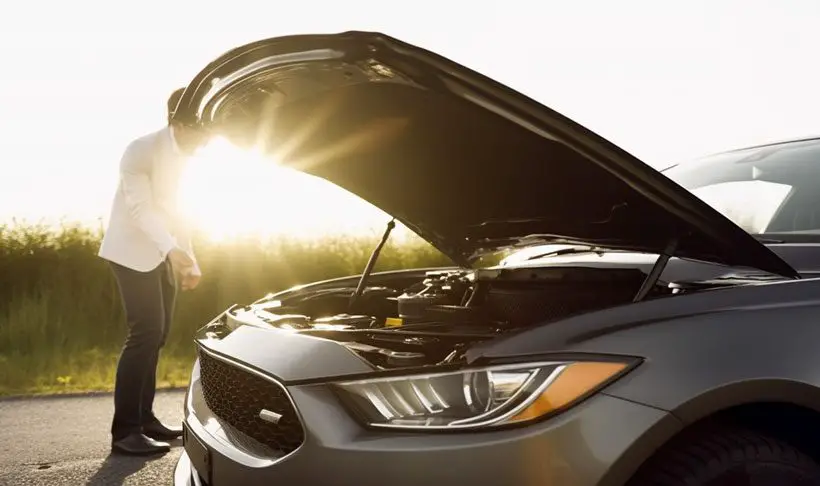
Checking Coolant Levels
The coolant level should be checked regularly and kept at the recommended level. This is typically done by inspecting the coolant reservoir, which is a transparent plastic container located near the engine.
The coolant should be a 50/50 mix of antifreeze and water for optimal performance. Low coolant levels can cause overheating, so it’s essential to keep an eye on it.
Flushing the System
Over time, coolant can become contaminated with debris and particles that can cause blockages in the system. Flushing the system every few years can help remove these contaminants and keep the system running smoothly.
This involves draining the old coolant and replacing it with a new coolant. Flushing the system can be a complicated process and may require professional help.
Replacing the Radiator
A damaged or worn-out radiator can cause the cooling system to fail. It’s important to replace the radiator when it starts to show signs of wear or damage, such as leaks or rust.
The radiator is a critical component of the cooling system and helps remove heat from the coolant as it flows through the system. Replacing a radiator typically involves draining the coolant, removing the old radiator, and installing a new one.
Importance of Regular Engine Maintenance
Frequent engine maintenance is essential for keeping your automobile in good condition for operation. We will learn why regular engine maintenance is essential and what steps to take to guarantee good engine maintenance.
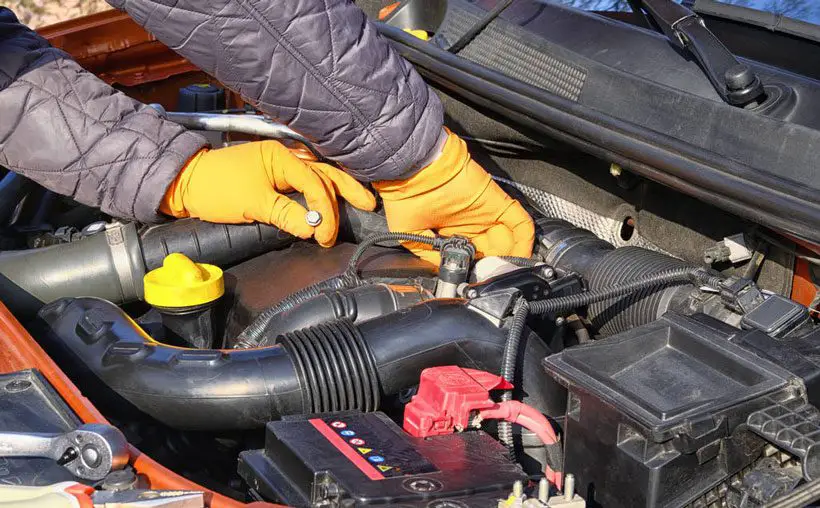
Why is Engine Maintenance Important?
Regular engine maintenance improves performance, reliability, and safety. It is also cost-effective in the long run and can increase a vehicle’s resale value.
What Steps Are to Be Taken?
To maintain the engine, you regularly need to change the oil, air filter, and spark plug replacement.
- Oil Changes: Regular oil changes are essential to keep the engine running smoothly. Old, dirty oil can cause the engine to overheat and reduce its lifespan. Although it’s not specific, it is recommended to change the oil every 5,000-8,000 miles as per the manufacturer’s recommendation.
- Air Filter Replacement: A clogged air filter can restrict airflow to the engine, causing it to overheat. The air filter should be checked and replaced regularly to ensure proper engine performance.
- Spark Plug Checks: Spark plugs ignite the fuel in the engine. Worn-out or dirty spark plugs can cause misfires, leading to overheating. It’s recommended to check the spark plugs every 30,000 miles and replaces them as needed.
Taking pauses while moving and keeping a close eye on the temperature gauge can also benefit you.
Tips for Driving and Parking in Hot Weather
Driving and parking in hot weather can be a challenge, especially if you’re in an area with high temperatures. We will share some tips on this matter now.
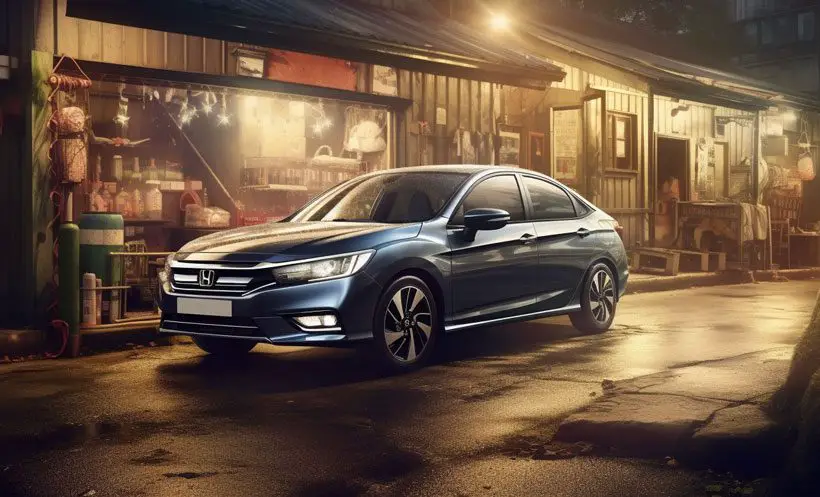
Beating the Heat Using Sun Shades
One effective way to prevent heat from entering the car is by using a sunshade. It helps to reflect the sun’s rays and keeps the interior of the car cooler. You can easily find a sunshade for your car’s make and model at an auto parts store or online.
Parking in the Shade
When parked in direct sunlight for a long time, the temperature inside the car can rise rapidly. It can be uncomfortable and even dangerous to enter the car. Additionally, the heat can cause damage to various parts of the car’s interior, such as the dashboard and seats.
To avoid such scenarios, it is advisable to park the car in a shaded area. This could be under a tree, in a parking garage, or even in a spot where a building or other large structure provides shade.
Cracking Your Car Windows in Hot Weather
Cracking the windows slightly can be an effective way to prevent the interior from becoming too hot. When the windows are cracked, the air is able to flow through the car, which helps to lower the temperature.
This can be particularly helpful when the car is parked for an extended period, such as when it’s left in a parking lot while you’re at work or running errands.
Avoiding Heavy Traffic and Keeping Your Car Cool
To prevent car overheating, avoid heavy traffic as much as possible during hot weather. Plan your routes carefully and use alternative routes if necessary to avoid congestion. But why is it so important to avoid traffic?
During hot weather, heavy traffic can make driving a less enjoyable experience. Also, heavy traffic can cause your car’s engine to work harder than normal. And it can generate more heat and cause it to overheat.
Consequently, overheating can damage the engine and result in expensive repairs.
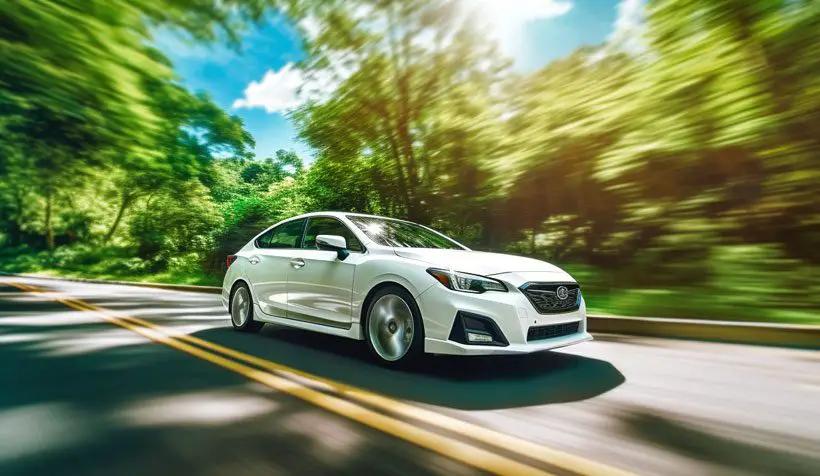
Idle Smart – Turn Off Your Car’s AC
When the car is idling, it’s best to turn off the air conditioner. The air conditioner puts an additional load on the engine, which can cause it to overheat. Instead, open the windows or turn on the fan to circulate air.
Turning Off Air Conditioner when Idling
It’s generally recommended to turn off your car’s air conditioner when idling for extended periods. Doing so can help save fuel and reduce emissions.
When you idle with the air conditioner on, your car’s engine has to work harder to power the air conditioning system. It can cause it to use more fuel and produce more emissions than it would if the air conditioner were turned off.
Additionally, running the air conditioner at idle for long periods can put extra strain on your car’s battery and alternator.
Remember, overheating can cause significant damage to your car’s engine and lead to costly repairs. By following these tips, you can help prevent your car from overheating and ensure that it runs smoothly in hot weather.
Strategies for Driving up Steep Inclines or Towing a Heavy Load

Following a couple of strategies can be effective when driving up steep inclines or towing a heavy road. Some of the key strategies are given below:
- Shifting to a Lower Gear: Shifting to a lower gear can reduce the load on the engine and help prevent overheating.
- Reducing Speed: Reducing speed can also help reduce the load on the engine and prevent overheating.
- Using Tow/Haul Mode: Many modern cars have a tow/haul mode that adjusts the transmission shift points. Thus, it reduces the load on the engine when towing or driving up steep inclines.
These are some common strategies. You can follow other additional strategies that can be good for your car.
Beyond Basic Maintenance: Other Preventive Measures for Your Car
A few precautions can be taken to keep your car engine from overheating. These may include checking the tire pressure, avoiding heavy cargo, and using synthetic oil.
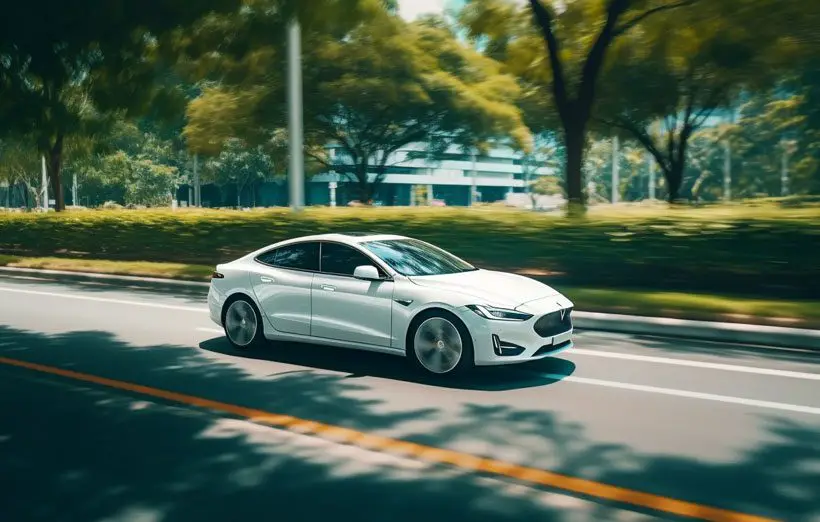
Checking Tire Pressure
Monitoring tire pressure is an essential part of automobile maintenance. The following are some procedures for checking tire pressure:
- Gathering necessary equipment: The tire pressure gauge is necessary for checking tire pressure. Look in the owner’s handbook for the recommended tire pressure.
- Checking the existing tire pressure: Using the tire pressure gauge, check the pressure in each tire along with the spare. To check the pressure, dislodge the valve cap from the tire and press the gauge onto the valve stem. The gauge will display the reading.
- Comparing the readings: Taking the obtained reading and comparing it to the specified tire of the car. Repeat for the remaining tires, including the spare.
- Replacing the valve cap: Replace the valve cap after checking the pressure of all tires. This is a vital step in the prevention process.
Using Synthetic Oil
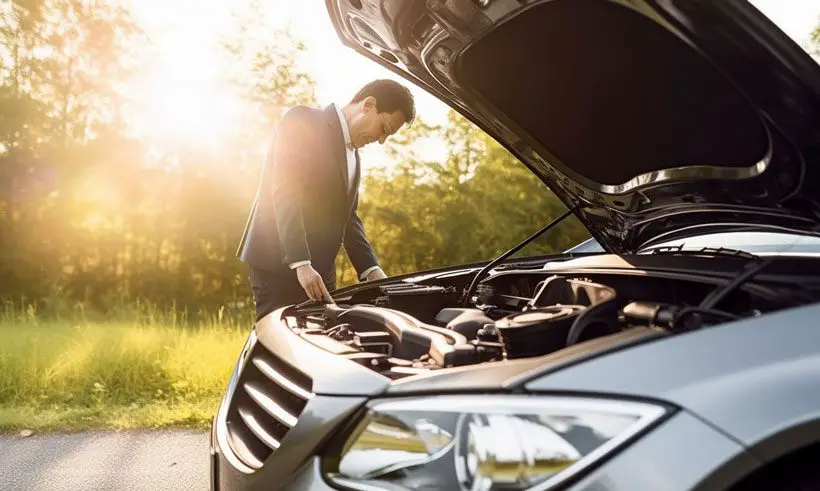
Synthetic oil is chemically manufactured from petroleum components. Using synthetic oil has several benefits, such as
- Improved engine performance
- Better fuel economy
- Longer oil change intervals
- Improved fuel efficiency
- Less prone to breakdown due to oxidation
Avoiding Heavy Cargo
Avoiding heavy cargo is essential for the maintenance of a car. Here are some factors mentioned:
- When an automobile carries excess weight, it becomes extremely difficult to manage, such as breaking or turning. As a result, dangerous accidents may occur
- The suspension, brakes, and tires of a car can be stressed by heavy cargo. These components may experience premature wear and tear. As a result, costly repairs will be needed
- Heavy cargo also can affect fuel efficiency
It’s therefore clear why you should avoid transporting large cargo on your automobile. If a trailer is required, it may be a better alternative.
If you want to learn more about the signs of car overheating and understand why your temperature gauge may be rising but your car is not overheating, we recommend checking out our articles on car overheating signs and temperature gauge rising but car not overheating. Our article on car overheating signs provides valuable information on the common symptoms and indicators of an overheating engine. Additionally, our article on temperature gauge rising but car not overheating explains the possible causes and solutions for this specific issue.Conclusion
Maintaining the cooling system and ensuring regular engine maintenance is crucial in preventing your car from overheating. Checking the coolant levels, flushing the system, and replacing the radiator are some of the key precautions here.
- Regular engine maintenance including oil changes, air filter replacement, and spark plug checks, is also essential for optimal engine performance.
- Following parking and driving tips in hot weather can also help prevent overheating. These may include using sun shades to reflect the sun’s rays and taking breaks while driving.
- Finally, you can avoid severe engine damage and costly repairs by adopting these precautions. Furthermore, the inconvenience of being stranded on the side of the road can be avoided also.
